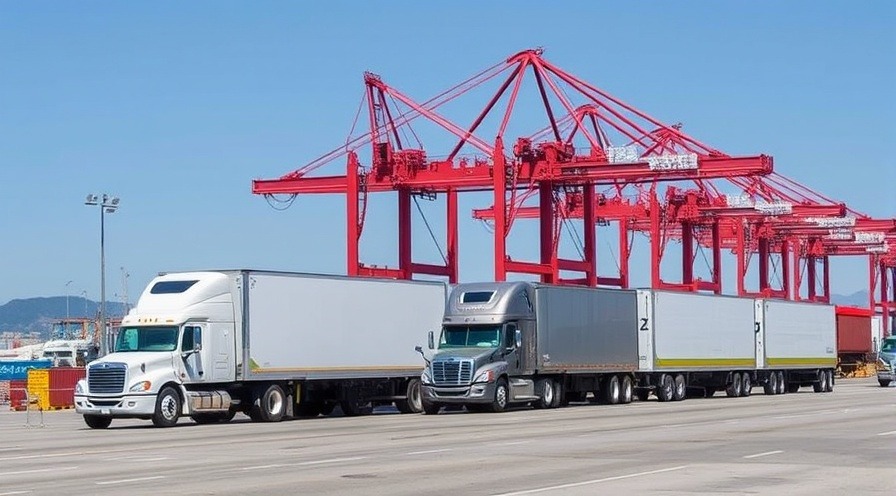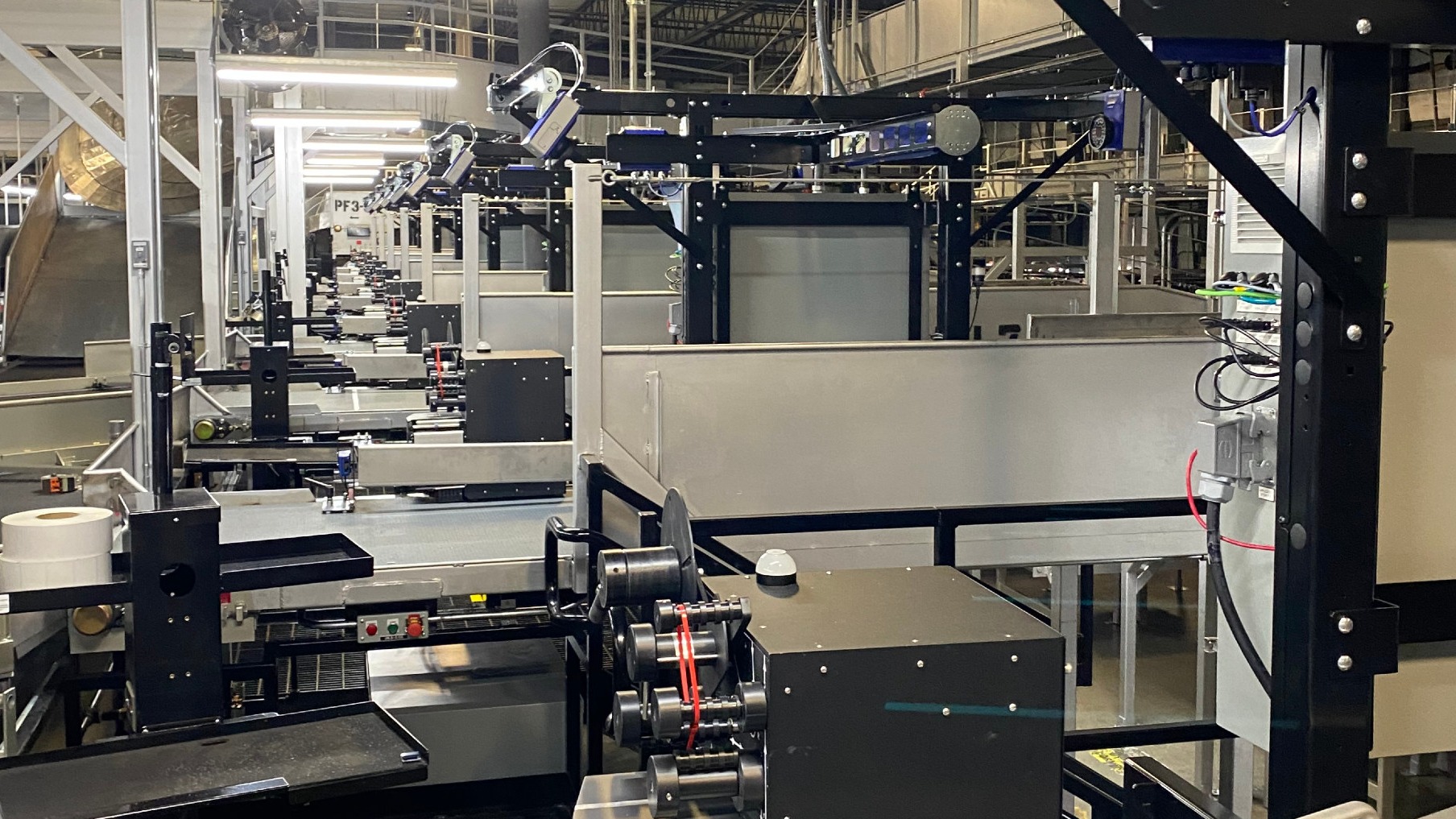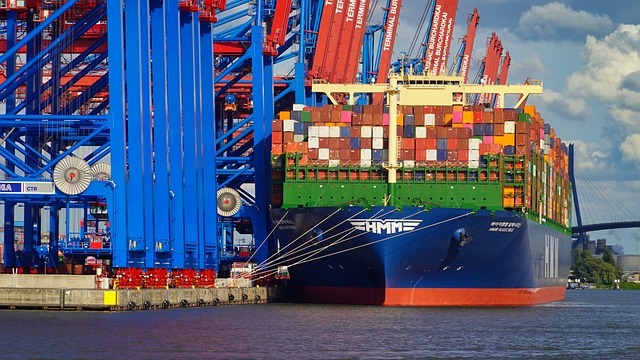
It's obvious that new tariffs can have significant ripple effects on America's supply chain, depending on their scope, duration, and the industries they target. Here’s how they could impact various aspects of the supply chain:
1. Higher Costs for Imported Goods
If tariffs are placed on raw materials (e.g., steel, aluminum, semiconductors), manufacturers will face increased production costs.
Businesses may pass these costs on to consumers, leading to inflationary pressure.
2. Supply Chain Disruptions & Reconfigurations
Companies reliant on foreign suppliers may need to find alternative sources, leading to short-term disruptions.
Some firms might shift production to tariff-free countries, potentially causing delays and added logistical challenges.
3. Retaliatory Tariffs & Trade Barriers
Countries affected by U.S. tariffs may impose counter-tariffs, impacting American exports.
This can harm industries like agriculture, automotive, and technology that rely on international markets.

4. Domestic Manufacturing Boost (or Strain)
In some cases, tariffs can encourage reshoring (bringing production back to the U.S.), which may increase domestic jobs.
However, higher labor and operational costs in the U.S. could make it challenging to fully replace foreign suppliers. Challenging but not impossible. It's a move that is long over due and necessary in order to strengthen the U.S. economy and reduce dependance on imports.
5. Impact on Small & Mid-Sized Businesses
Large corporations might absorb costs better, but smaller businesses may struggle with price increases and supply chain reconfigurations.
Some may reduce workforce or operations to offset rising costs.
6. Logistics & Transportation Adjustments
Ports, trucking, and warehousing sectors may see shifts in trade routes and demand fluctuations.
Potential congestion or delays as businesses reroute shipments to avoid high-tariff countries.

Overall, tariffs create uncertainty in the supply chain sectors, prompting businesses to adapt strategies, seek alternative suppliers, or adjust pricing. The long-term effects depend on how companies and governments respond to these trade barriers. Trade wars are not always the best ways to settle disputes but they are a very effective way force fair and equitable trading practices between countries.
Now lets talk about the Trump administration's recent implementation of new tariffs is poised to significantly impact America's supply chains across various sectors.
Automotive Industry
The imposition of a 25% tariff on imported automobiles and car parts, effective April 2 for vehicles and May 3 for parts, is expected to raise production costs for manufacturers and increase prices for consumers. Analysts predict that new car prices could surge by up to $10,000, leading consumers to favor used vehicles and thereby boosting demand in the used car market and for auto parts retailers. Additionally, higher repair costs due to increased prices of imported parts may result in elevated auto insurance premiums. These increases are all expected to be temporary until auto makers can return production back to the U.S.

Metals and Manufacturing
Tariffs of 25% on steel and aluminum imports, effective March 12, have led to increased metals prices. This escalation affects industries reliant on these materials, such as construction and manufacturing, by raising production costs. Furthermore, countries like Canada and the European Union have announced counter-tariffs, potentially disrupting international trade relations and supply chains. This move has been implemented by the Trump administration in an effort to revive America's ailing steel industry which in turn will create thousands of jobs in places like Detroit, MI.
Consumer Goods
Tariffs on Canadian imports, including a 27% levy on lumber, threaten to disrupt the supply of essential consumer goods like toilet paper. Lumber is a critical component in producing wood pulp used in toilet paper manufacturing. Experts warn that such disruptions could lead to shortages and panic buying, reminiscent of the early pandemic period. The disruption should be short lived until lumber companies an paper manufacturing plants in the U.S. gear up to fill the void left by the Canadian imports.
Clean Technology
Increased tariffs on Chinese imports directly impact the U.S. clean technology sector. For instance, tariffs on lithium batteries, which saw imports valued at $1.9 billion in December 2024, could hinder the adoption and affordability of clean tech solutions, potentially affecting global climate action efforts. This is why aggressive efforts are currently underway in the U.S. to locate alternate sources of the natural minerals used to manufacture components like batteries and IC Chips.

Economic Sentiment
The broader economic implications of these tariffs are reflected in declining consumer confidence. The University of Michigan reported a drop in consumer sentiment to its lowest level in two years, attributed to fears of higher inflation and job insecurity stemming from the new tariffs. This decline has also influenced financial markets, with the S&P 500 experiencing a 2% drop. The plus side to all this is that markets are driven by news and speculations so these dips are expected to be temporary at best.
In summary, the new tariffs introduced by the Trump administration may cause disruptions across multiple sectors of the U.S. economy, which may increase costs for businesses and consumers, as well as supply chain realignments, and heightened economic uncertainty.
The good news is that there's a light at the end of the tunnel for those initially affected by the new tariffs. From the onset of the industrial revolution America has been a manufacturing powerhouse. The overall goal of the new administration is to return the nation to it's former glory and economical strength. The UAW has already reported the new administration policies as a trends in the right direction.
 Add Row
Add Row  Add
Add 



Write A Comment